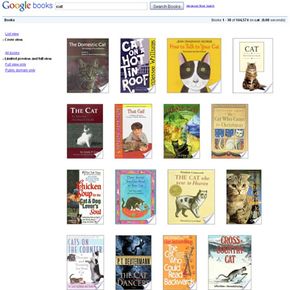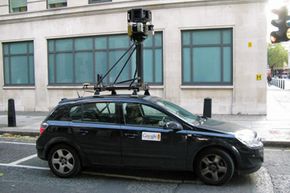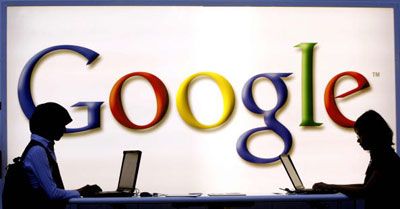When Sergey Brin and Larry Page launched Google, they created an Internet juggernaut that made information easier to find. But they realized that without the information contained in humankind's decidedly analog books, there would always be a gaping hole in online information.
To bridge this gap, Google Print (now called Google Books) was born, driven by a goal of digitizing entire libraries of books. With these books online, anyone with an Internet connection could use keyword searches to locate information spanning the entire history of publishing. The implications of this project are profound in myriad ways.
Advertisement
For example, scholars could use the service to access a rare manuscript in Cairo, Egypt. Medical researchers might scroll through studies from all over the world in weeks instead of years, drastically reducing research times. Scientific studies of every kind could be completed on expedited timelines, too. And of course, high school and college students could tear through research papers at warp speed, with better citations and higher-quality information.
Google Books proponents also argue that the world's treasure trove of books will also be safer once they've all been digitized. Natural disasters such as fire and earthquakes, which have destroyed swaths of written history before, wouldn't ruin a database with redundant copies of files stored in multiple locations. An online repository would be better-suited to resist war and political upheaval. And then there's the simple fact that as paper ages, it becomes brittle. There are some works that librarians have to take special care of to prevent their falling apart.
In short, Google Books could mean better access to more information for more people than ever before. It could revolutionize the Internet in ways that we can't yet imagine.
But as with all revolutions, the Google Books project is not without controversy. Citizens, politicians and companies from around the world have justifiable concerns about privacy, copyright law and antitrust issues related to Google Books. Keep reading to see how Google quickly scans millions upon millions of pages of books, and how some people are doing everything they can to handicap this daring project.
Advertisement



